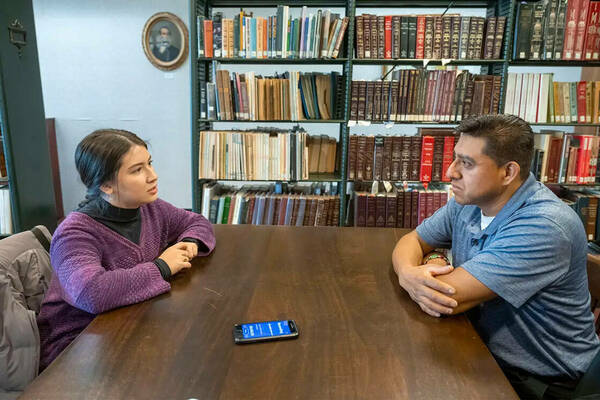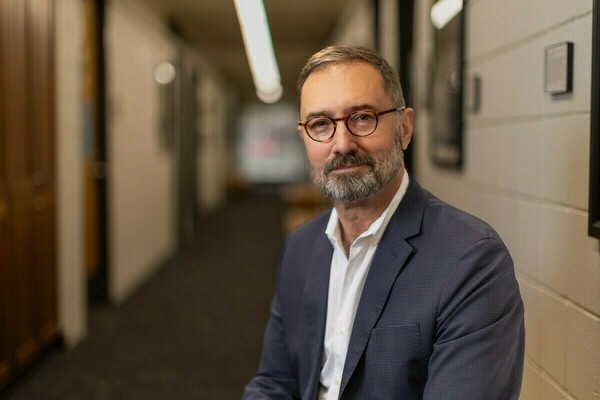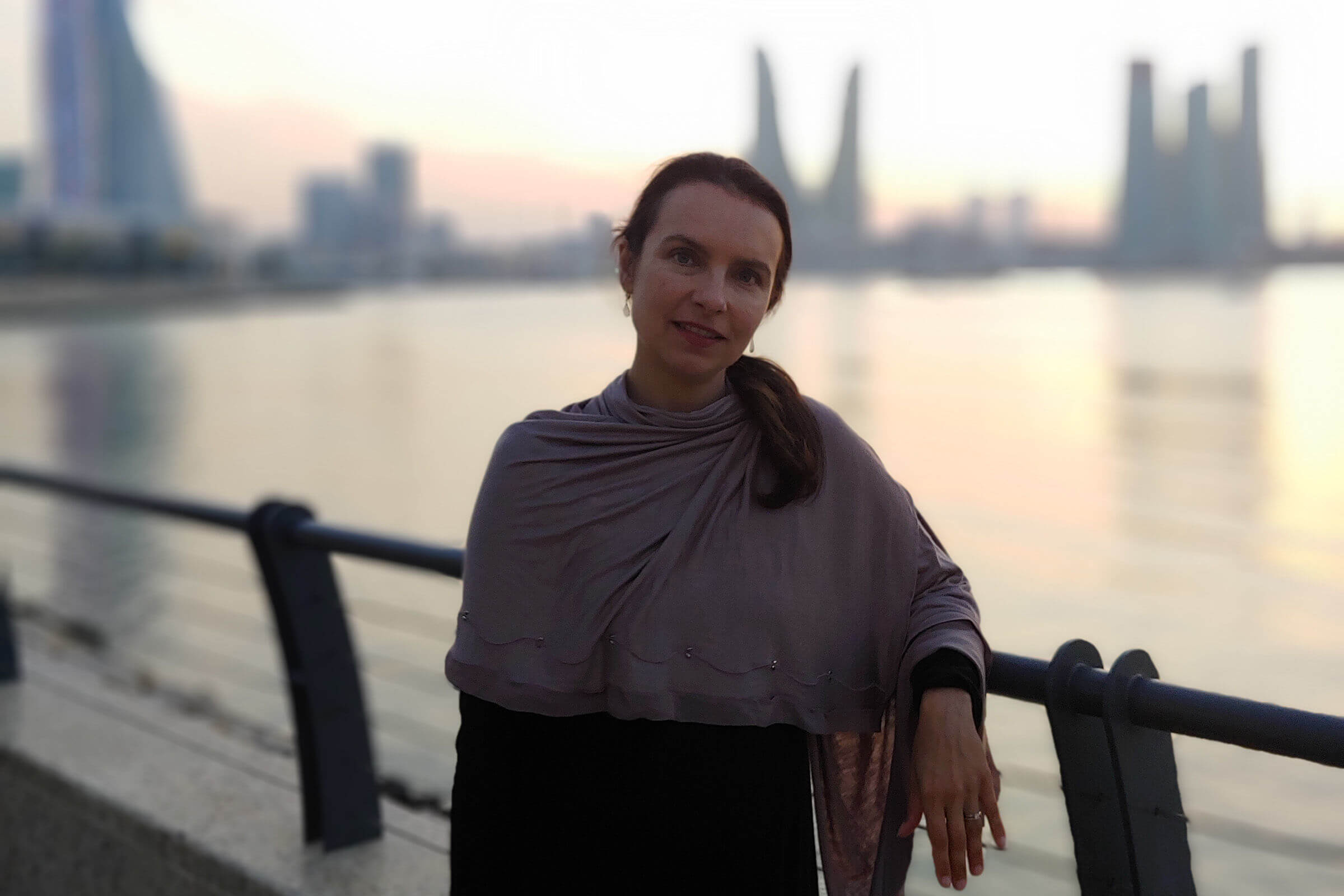
Emilia Justyna Powell wants to change how people see Islamic law and culture — because too often, she’s found, people in the West have an inaccurate view of it as strict or outdated.
Powell, an associate professor of political science and concurrent associate professor of law, has spent five years traveling to Muslim-majority countries and interviewing Muslim scholars for her new book exploring the similarities and differences between the Islamic legal tradition and classical international law.
“Individuals outside the Islamic milieu often assume that our way of life is better, but the sad part is that many of us don’t understand Islam at all,” she said. “And my book addresses that.”
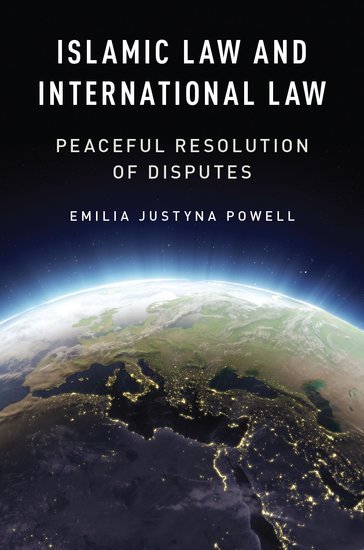
In Islamic Law and International Law: Peaceful Resolution of Disputes, Powell argues that Islamic law is dynamic and constantly evolving.
“I would say that it has evolved much more than many other laws,” she said. “And it’s open to many things we offer in our Western laws. It’s open to international law. We just have to respect that there are differences that may not always be perfectly reconciled.”
‘This is not the Islamic law I’ve been hearing about’
Powell, who was born in Poland, studied law in Europe before completing a Ph.D. in political science at Florida State University in 2006.
While she has focused on international law for most of her career, she had never formally studied Islamic law until researching her first book, Domestic Law Goes Global: Legal Traditions and International Court.
“After writing about Western legal system, including common law and civil law, European law and British law, I found that I wanted a new challenge,” Powell said. “In my first book, I wrote about the Islamic legal tradition, but it was the tradition I knew the least about. So I became obsessed about learning more.”
Powell began reaching out to scholars of Islamic law in the Middle East and arranged a trip to the United Arab Emirates.
“The first time I went to a Muslim-majority country, I had an interview with two amazing scholars at the Sharia College of Law,” she said. “And they told me how proud they are of their women students and that they can become judges of the Supreme Court. I thought, ‘Whoa, this is not the Islamic law I’ve been hearing about.’”
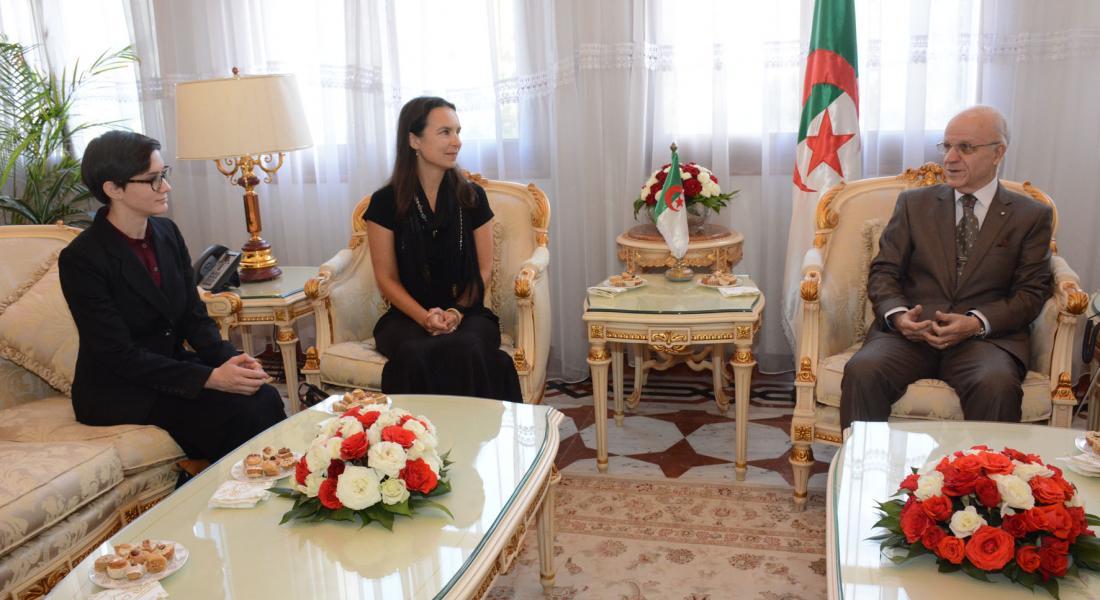
‘Don’t do anything you’re not passionate about’
Since that first trip, Powell has visited Kuwait, Jordan, Algeria, Oman, Palestine, and Bahrain, among others, and has become dedicated to addressing misconceptions related to Islamic law.
“I always tell my students, ‘Don’t do anything you aren’t passionate about,’ and this has become an absolute passion for me,” she said. “I co-author with Muslim scholars now, and in general, scholars in the Middle East are enthusiastic about my research because I write about Islam in English in a non-judgmental way. And that keeps me going.”
“I always tell my students, ‘Don’t do anything you aren’t passionate about,’ and this has become an absolute passion for me. I co-author with Muslim scholars now, and in general, scholars in the Middle East are enthusiastic about my research because I write about Islam in English in a non-judgmental way. And that keeps me going.”
There are many different interpretations of the Quran and Sunnah, which means that Islamic law is a complex, multifaceted legal system, said Powell, who is also a fellow in the Kellogg Institute for International Studies and the Nanovic Institute for European Studies.
“When someone tells you, ‘Islamic law says this,’ it’s very suspicious because there are many ways of interpreting it,” she said.
Powell is always seeking new ways to bring her research to her students in courses on comparative law and the Islamic legal tradition. She plays them excerpts from her interviews and has brought Islamic scholars to campus.
“I also enjoy incorporating art in my seminars,” she said. “I have an ongoing relationship with the Snite Museum of Art, where I have my students analyze photos from life in Muslim-majority countries to bring out elements of the Islamic legal tradition. I love sharing my work with my students.”
‘I’m going to change people, one by one’
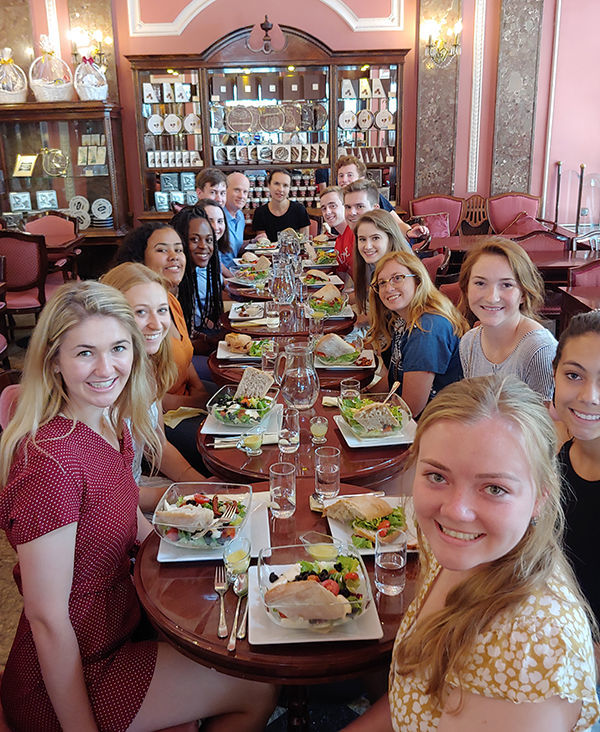
Powell, who has also served as a visiting scholar at Oxford University’s Centre for Islamic Studies since 2016, is now researching the Islamic understanding of human rights for her next project.
“I am exploring how Muslim-majority countries view the rights of women and children, as well as the function of family and religion in family,” she said. “And how does that explain their attitude toward international treaties on the topic? I’m very excited about that.”
Powell also leads a summer program for Notre Dame International in her native Poland on the country’s historical and cultural context, including the Holocaust and how it influenced international law.
“I have family who were slaves to Germans during World War II and who were in concentration camps. So it’s very important for me to share that message and immerse my students in those realities ,” she said.
“It changes people — to see firsthand how children and women and men were treated. So, I decided I’m going to change people, one by one, by taking them to those places.”
Powell said Notre Dame as an ideal home for her research, which she sees as closely tied to the University’s mission.
“Notre Dame has been very supportive of everything I do and allows me to do work that is really meaningful,” she said. “It brings me joy that I am helping my students to be more open to the world, to understand and appreciate others from a non-judgmental standpoint.”
“Notre Dame has been very supportive of everything I do and allows me to do work that is really meaningful. It brings me joy that I am helping my students to be more open to the world, to understand and appreciate others from a non-judgmental standpoint.”
